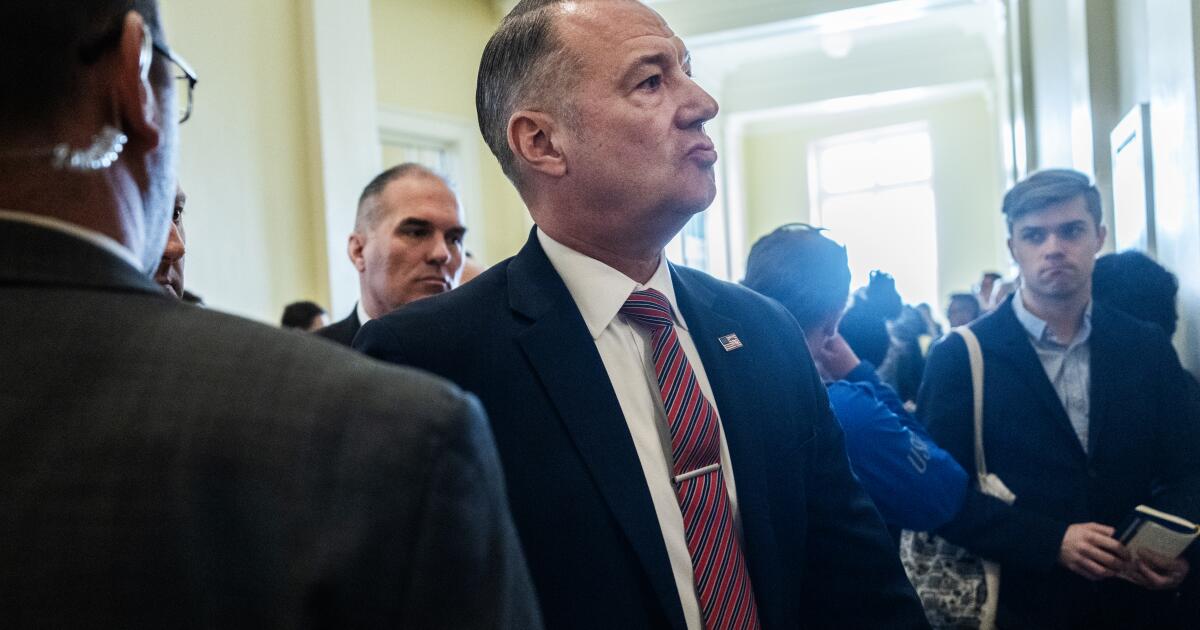NIS employee’s alleged drone link raises oversight questions

The National Intelligence Service Logo photo taken at the agency’s headquarters in Seoul, South Korea, 01 November 2023. File. Photo by YONHAP / EPA
Feb. 18 (Asia Today) — An alleged financial link between a National Intelligence Service employee and a graduate student accused of sending a drone to North Korea has fueled questions about oversight and accountability within South Korea’s intelligence community, an Asia Today columnist wrote Tuesday.
The case surfaced last month when authorities disclosed that a man in his 30s had allegedly sent an unmanned aerial vehicle to North Korea. Initial investigations focused on possible involvement by the Army Intelligence Command.
However, political and intelligence sources cited in the column questioned why the National Intelligence Service, widely regarded as the control tower of South Korea’s intelligence apparatus, was not initially central to the probe.
The controversy deepened when investigators said an NIS Grade 8 employee had engaged in financial transactions with the graduate student. A joint military-police task force reportedly applied charges including general treason, a serious offense involving harm to national military interests or aiding an enemy state.
The NIS said the matter involved “a personal financial transaction by an administrative department employee” and denied any organizational link to North Korea-related operations. The agency argued that without proof of institutional involvement, the actions of an individual cannot be attributed to the entire organization.
The columnist wrote that regardless of whether the agency was formally involved, sustained contact and financial dealings between an intelligence officer and a suspect in a North Korea-related case raise concerns that go beyond individual misconduct.
The commentary also questioned whether internal control systems functioned properly and whether warning signs were missed. It noted that less than two years have passed since a separate intelligence leak involving a civilian employee at the military intelligence service.
The writer argued that the issue ultimately points to the broader condition of South Korea’s intelligence oversight system and called for a thorough investigation to address public doubts.
— Reported by Asia Today; translated by UPI
© Asia Today. Unauthorized reproduction or redistribution prohibited.
Original Korean report: https://www.asiatoday.co.kr/kn/view.php?key=20260218010005525



